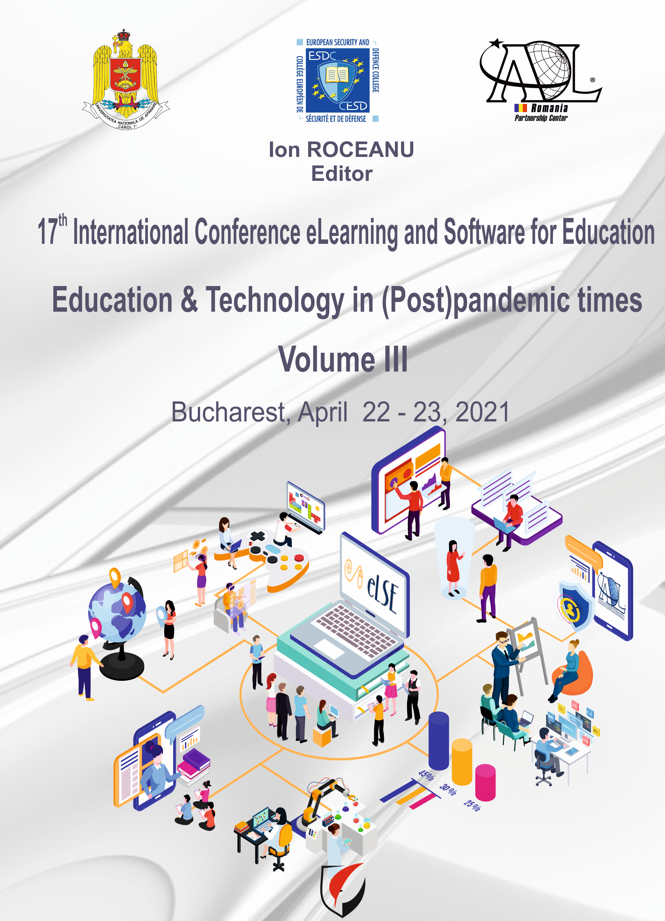CHALLENGES IN THE CURRENT DISTANCE EDUCATION PARADIGM
CHALLENGES IN THE CURRENT DISTANCE EDUCATION PARADIGM
Author(s): Roza DumbrăveanuSubject(s): Education, Distance learning / e-learning, Pedagogy
Published by: Carol I National Defence University Publishing House
Keywords: distance education; OER; teacher professional competences; TPACK; e-didactics;
Summary/Abstract: The transfer to distance education imposed to the universities and to the schools in an emergency regime raised many challenges for the teachers, regardless of their level of readiness for this process. In addition to the management and the infrastructure aspects, the shift to distance education revealed a set of problems inherent to the teaching & learning & assessment regardless the face-to-face, blended, online or distance forms of education. The paper highlights the challenges related to adoption of e-didactics; the common features and differences between classical didactics and didactics integrated with Information and Communication Technologies (ICT), focused on learning design; the weaknesses and the impediments for the implementation of Open Educational Resources (OER); the professional competences that teachers must demonstrate in the digital age. Not only the purely digital competencies of teachers are important, but to a much greater extent, the professional competencies related to the scientific content they teach, to didactics in general and didactics of the discipline in particular, to transposing content into digital format via ICT, to skills in e-didactics. The concept of e-didactics is practically missing in the Romanian Education area; respectively there is no research in this field to be made public by academics in Romanian space. The descriptions and statements in this article are based on works from English, available on the Web. The Technological Pedagogical Content Knowledge (TPACK) framework model is described concisely. Some aspects related to the digital divide are discussed. The development of the concept didactics in e-didactics and the understanding of the correlation between them offer new opportunities to implement the teaching & learning & assessment process in the digital age.
Journal: Conference proceedings of »eLearning and Software for Education« (eLSE)
- Issue Year: 17/2021
- Issue No: 03
- Page Range: 433-443
- Page Count: 11
- Language: English

